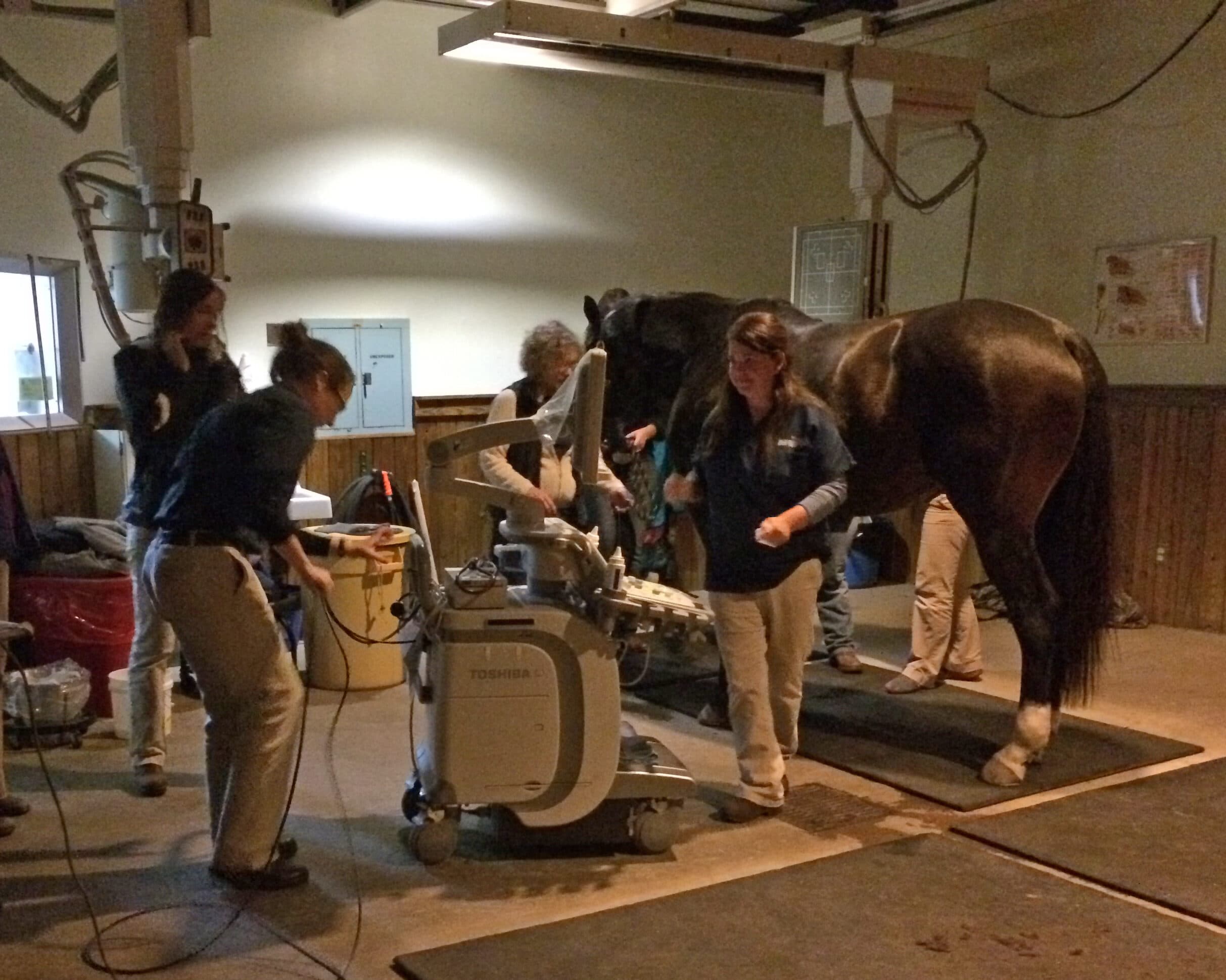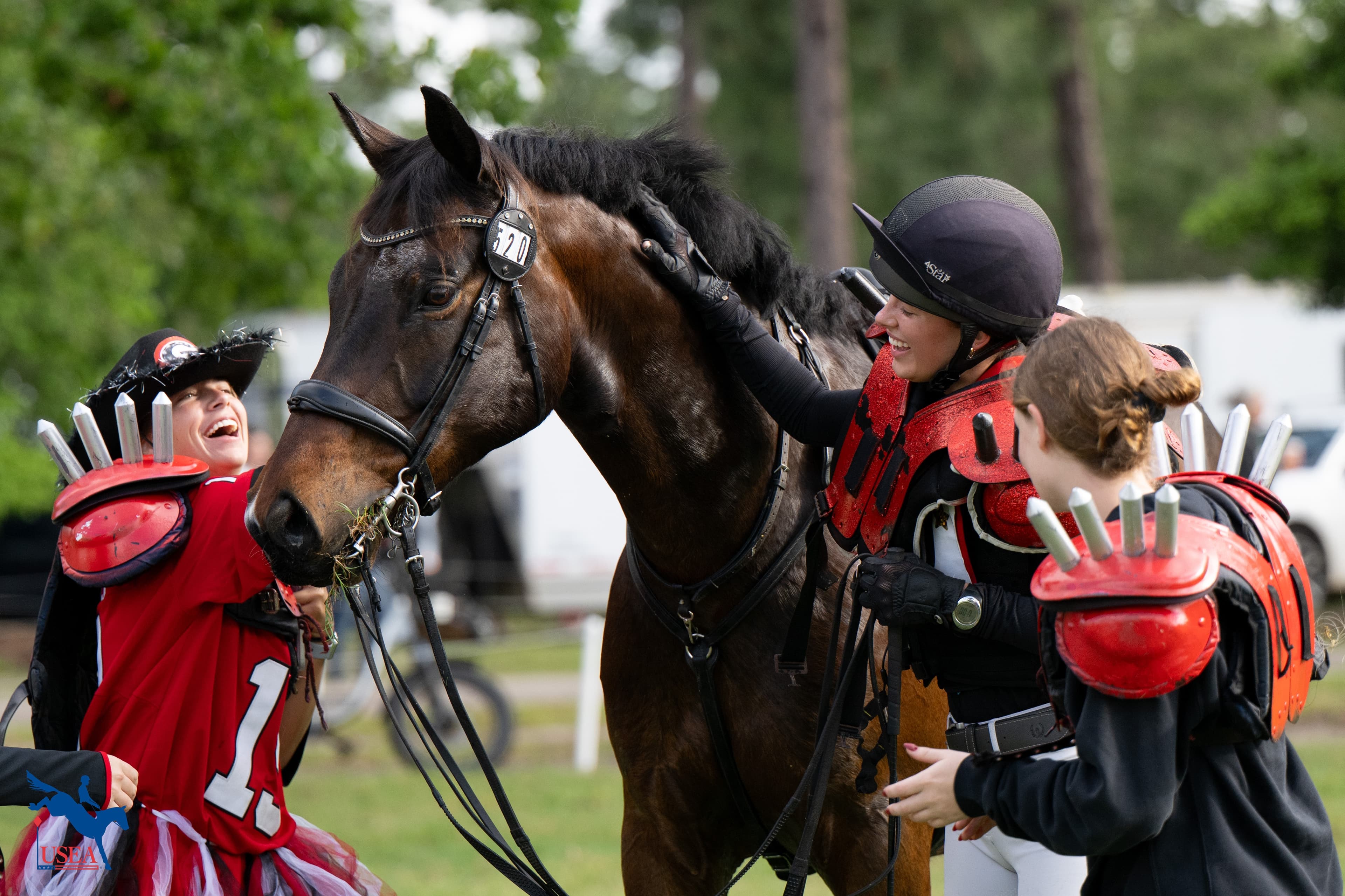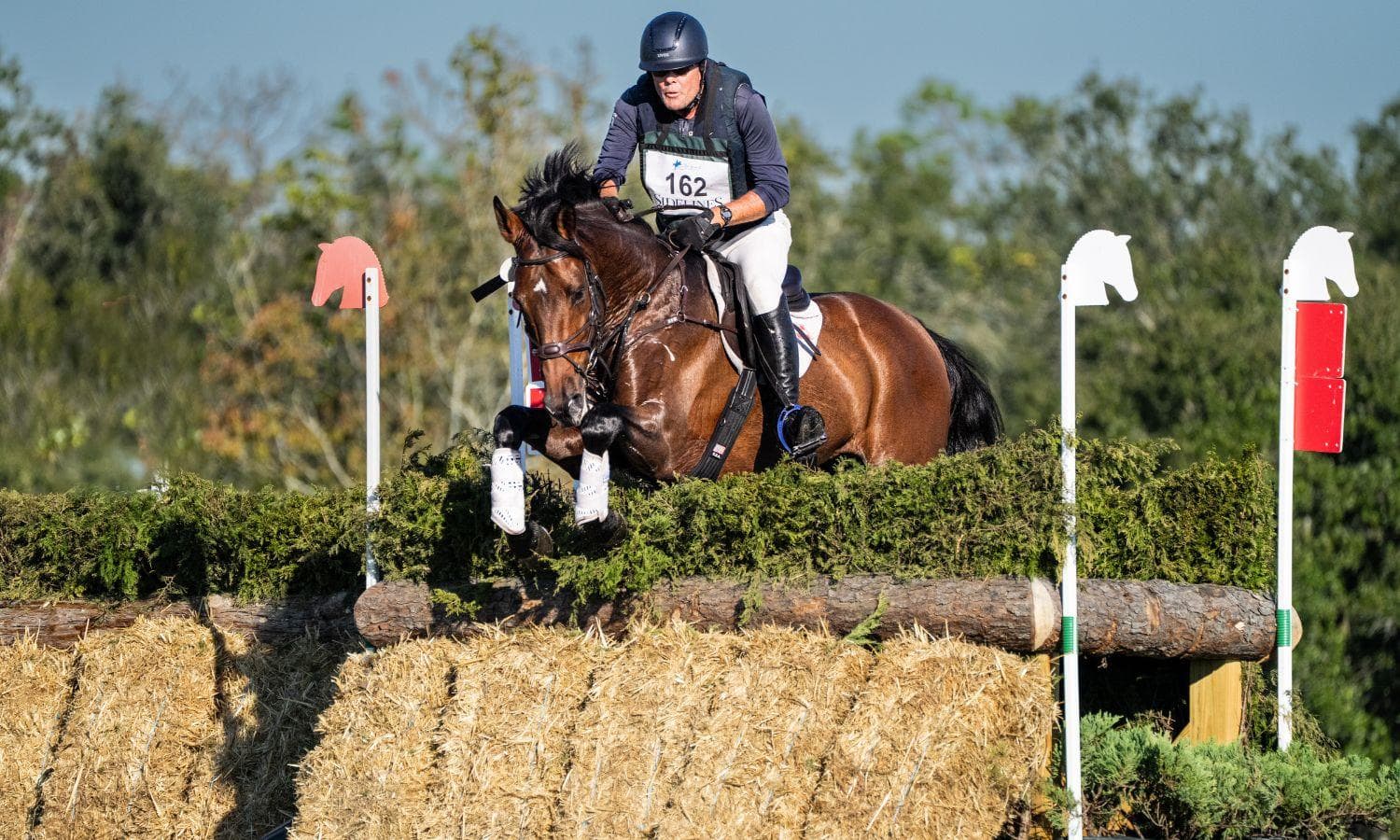USEA Board of Governors Votes to Support Four Studies with the Equine Medical Research Fund

The Equine Medical Research Fund was created in 2014 to provide consistent funding for equine medical research. A $1.00 starter fee was added to each USEA recognized event entry beginning in 2014, and at year’s end those dollars were distributed through the Morris Animal Foundation, which assists the USEA with selecting studies to fund, monitoring the funds, and reporting on progress. Morris has decades of experience in reviewing grant applications from universities and research institutions and has a team of veterinarians who spend thousands of volunteer hours assessing which studies are most likely to impact horse welfare. Ultimately, a committee from the USEA comprised of riders and veterinarians will determine which studies the USEA dollars will target.
Through this partnership, the USEA is helping to address the major problem of equine research underfunding while maintaining control over how member dollars are distributed. This year, the committee maintained a philosophy similar to prior years by selecting a variety of studies that benefit the general horse population and sport horses.
In 2017, $46,900 dollars were distributed between five different studies on different topics pertaining to equine health, from improving regenerative therapies to studying gaps in the equine genome related to tendon health.
At the USEA Board of Governors meeting in August, the Equine Medical Research Committee recommended the funding of four studies in 2018 using the $44,858 collected in 2017 and the Board approved their recommendation. Below are additional details about the four selected studies.
Understanding the Roles of Diet and Insulin in Horses at Risk for Laminitis
Dr. Molly E. McCue, University of Minnesota, Established Investigator
Summary: Researchers will investigate how diet influences a horse’s gut bacteria (microbiome) and metabolism (metabolome) and impacts insulin, key information to understanding how to feed horses at risk for laminitis.
Description: High insulin levels have been connected to laminitis in horses and ponies. Current dietary recommendations for horses at risk for laminitis include limiting dietary sugars and starches to minimize insulin levels. However, recent studies have shown that meals containing sugar improve tissue insulin sensitivity, which may be good for horses at risk for laminitis. Determining the mechanisms underlying these changes in insulin sensitivity is key to understanding how diet might contribute to laminitis in horses and ponies. In this study, researchers will investigate how different diets affect the gut bacteria (microbiome) and how changes in diet and gut bacteria change a horse’s metabolism through the study of important metabolites in the bloodstream (metabolome). Findings will provide deeper insight into metabolic changes associated with diet and enable us to make appropriate dietary recommendations for horses at risk of laminitis.
The total study cost is $55,308. The EMRC recommends $11,352 for funding this study.
Improving Stem Cell Treatment Success
Dr. Lauren V. Schnabel, North Carolina State University, Established Investigator
Summary: Researchers will manipulate the expression of immune markers on stem cells to develop safer and more effective therapies for horses with musculoskeletal injuries.
Description: Stem cell therapies have the potential to improve the outcome of potentially severe and life-ending musculoskeletal injuries in horses. Sometimes the recipient’s immune system will destroy transplanted stem cells if the immune system perceives the introduced cells as foreign. To improve stem cell treatment success, researchers will examine if a novel cell culture treatment can be used to prevent the immune system from destroying donor stem cells. This study will help researchers better understand the cellular regulation of the molecules that initiate immune responses and advance the development of convenient and effective “off-the-shelf” stem cell therapy.
The total study cost is $131,479. The EMRC recommends $11,352 for funding this study.
Combatting Persistent Joint Infections
Dr. Jessica Gilbertie, North Carolina State University, First Award
Summary: Researchers will investigate a new strategy to improve treatment of persistent joint infections that cause inflammation and osteoarthritis in horses.
Description: Joint infections can lead to devastating consequences to a horse’s soundness, athletic career or even their lives. Bacterial infections in other locations can usually be eliminated with a course of antibiotics. However, when bacteria enter a joint, they interact with joint fluid, and group together in a protein-containing clump that allows them to evade antibiotics. This results in persistent infections that cause inflammation and arthritis. To combat these persistent infections, researchers will examine the antimicrobial components of platelet-rich plasma (PRP) which may help the immune system recognize the bacteria, work in concert with antibiotics to clear the infection, and protect cartilage from damage. This therapy has the potential to decrease hospitalization time and cost as well as pain and suffering not only in horses, but in other species including companion animals.
The total study cost is $100,000. The EMRC recommends $11,352 for funding this study.
Correlating Different Mast Cell Subtypes to Equine Asthma Diseases
Dr. Jane S. Woodrow, The University of Tennessee, Pilot Study
Summary: Researchers will investigate differences in mast cell subtypes found in the airways of heathy and asthmatic horses to help identify better diagnostic and treatment strategies for equine asthma.
Description: Mast cells play a part in acute and chronic asthma in horses, but their precise role has not been clearly defined. In humans, healthy and asthmatic patients have different airway mast cell subtypes and this finding has led to better diagnostics and targeted therapies. In this study, researchers will characterize and compare mast cell subtypes found in the airways of healthy horses and horses with either recurrent airway obstruction or inflammatory airway disease, two common types of equine asthma. This new information will provide a platform for further investigations to improve diagnostics and help identify new therapeutic targets for horses with asthma.
The EMRC recommends fully funding this study for $10,800.
Click here to view Dr. Mike Van Noy and Dr. Katherine Cooper’s presentation from the 2017 USEA Annual Meeting and Convention on the progress of the studies the Board elected to fund in 2017. For additional details on each of these studies, click here.
For an update on studies previously selected for funding by the USEA Equine Medical Research Committee, click here. To learn more about the how the Equine Medical Research Fund got started, click here. For additional information about the Fund, click here.















